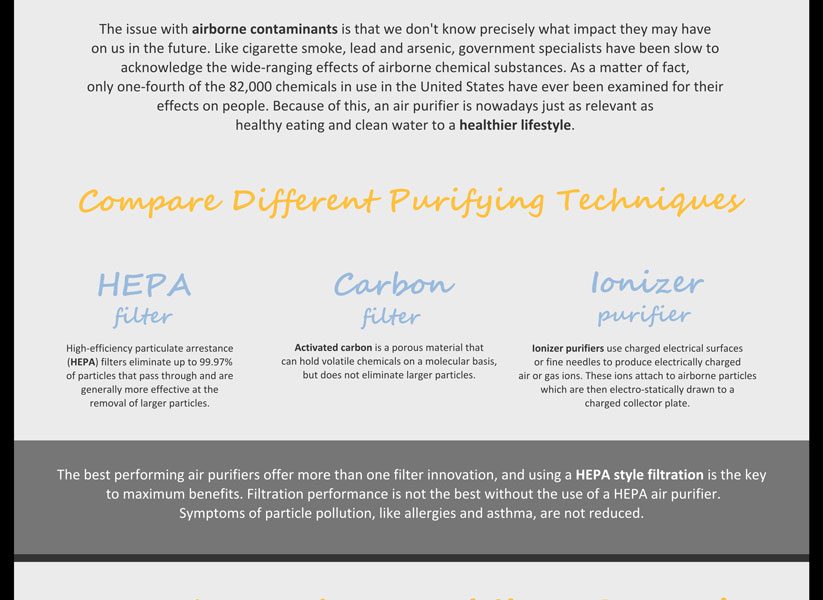The Future Of Home Home Heating - Exactly How Heat Pump Technology Is Evolving
The Future Of Home Home Heating - Exactly How Heat Pump Technology Is Evolving
Blog Article
Material Develop By-David McCormick
Heatpump will be a vital modern technology for decarbonising home heating. In a situation consistent with governments' announced energy and environment dedications, their international capacity doubles by 2030, while their share in heating rises to one-quarter.
They work best in well-insulated homes and rely upon power, which can be provided from an eco-friendly power grid. Technological advancements are making them extra reliable, smarter and cheaper.
Gas Cells
Heat pumps use a compressor, refrigerant, coils and followers to move the air and warm in homes and home appliances. They can be powered by solar power or power from the grid. They have actually been obtaining appeal as a result of their affordable, peaceful procedure and the ability to create electrical energy throughout peak power need.
Some companies, like IdaTech and BG MicroGen, are working on gas cells for home heating. These microgenerators can replace a gas boiler and produce a few of a house's electrical needs with a link to the electrical power grid for the rest.
But there are factors to be unconvinced of using hydrogen for home heating, Rosenow claims. It would be pricey and ineffective contrasted to various other innovations, and it would certainly contribute to carbon exhausts.
Smart and Connected Technologies
Smart home modern technology enables house owners to attach and regulate their tools remotely with using mobile phone applications. For instance, smart thermostats can discover your home heating choices and instantly get used to optimize power intake. central air conditioning unit can be controlled with voice commands and automatically turn off lights when you leave the room, reducing energy waste. And wise plugs can monitor and handle your electric usage, permitting you to identify and restrict energy-hungry devices.
The tech-savvy home portrayed in Carina's meeting is a great illustration of exactly how owners reconfigure area heating techniques in the light of brand-new clever home modern technologies. They depend on the tools' computerized features to accomplish daily adjustments and regard them as a practical methods of conducting their heating techniques. Because of this, they see no factor to adapt their methods additionally in order to make it possible for flexibility in their home power demand, and interventions focusing on doing so might deal with resistance from these families.
Electrical power
Since heating homes represent 13% people emissions, a switch to cleaner alternatives might make a large distinction. But the technology faces difficulties: It's pricey and requires extensive home remodellings. And it's not constantly compatible with renewable resource sources, such as solar and wind.
Until recently, electrical heat pumps were also pricey to compete with gas designs in most markets. But brand-new advancements in design and products are making them more economical. And better cold climate performance is enabling them to work well also in subzero temperatures.
The following action in decarbonising home heating might be using heat networks, which draw warmth from a main source, such as a close-by river or sea inlet, and distribute it to a network of homes or structures. That would certainly decrease carbon exhausts and permit houses to make the most of renewable resource, such as eco-friendly power from a grid supplied by renewables. This alternative would certainly be much less expensive than switching over to hydrogen, a nonrenewable fuel source that needs brand-new framework and would only decrease CO2 emissions by 5 percent if coupled with improved home insulation.
affordable air conditioning wellington
As electrical power rates go down, we're starting to see the same fad in home heating that has driven electric automobiles into the mainstream-- but at an even faster pace. The strong environment instance for impressive homes has actually been pressed even more by brand-new study.
Renewables represent a substantial share of modern-day warmth consumption, but have been provided limited plan interest around the world contrasted to various other end-use fields-- and also less interest than power has. Partly, this shows a mix of customer inertia, split motivations and, in several countries, subsidies for fossil fuels.
New technologies might make the shift much easier. As an example, heatpump can be made more power effective by changing old R-22 refrigerants with new ones that don't have the high GWPs of their precursors. Some professionals additionally picture area systems that draw warmth from a neighboring river or sea inlet, like a Norwegian arm. The cozy water can after that be used for cooling and heating in a neighborhood.